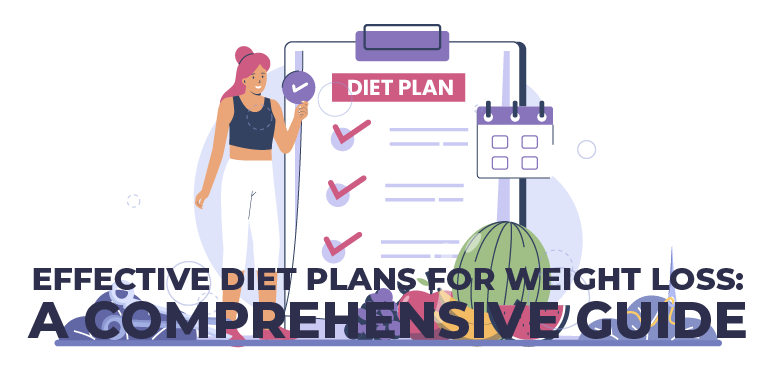Losing weight can often feel like a daunting challenge. However, with the right diet plan, it is possible to achieve your goals and maintain a healthier lifestyle. This blog post provides a detailed look at effective diet plans for weight loss, incorporating meal ideas, and highlighting the role of gastric sleeve surgery for those seeking faster results.
1. Understanding Your Caloric Needs
Before embarking on a weight loss journey, it’s essential to understand how many calories your body needs to function. Factors such as age, sex, weight, and activity level play a crucial role in determining your caloric intake. Use a calorie calculator to find your maintenance calories and aim for a caloric deficit to lose weight.
2. The Importance of a Balanced Diet
A balanced diet is critical for effective weight loss. It should include:
- Fruits and Vegetables: These are low in calories and high in essential vitamins and minerals. Aim for at least five servings a day.
- Lean Proteins: Incorporate chicken, turkey, fish, tofu, and legumes to help build and repair muscles while keeping you full.
- Whole Grains: Choose whole grain bread, brown rice, and quinoa over refined grains to increase fiber intake, which aids digestion and satiety.
- Healthy Fats: Include sources like avocados, nuts, seeds, and olive oil, which can keep you satisfied and support overall health.
3. Sample Diet Plan for Weight Loss
Here’s a simple one-week meal plan to help you kickstart your weight loss journey:
Day 1:
- Breakfast: Oatmeal topped with berries and a spoonful of honey.
- Lunch: Grilled chicken salad with mixed greens, tomatoes, and vinaigrette.
- Snack: A small handful of almonds.
- Dinner: Baked salmon with steamed broccoli and quinoa.
Day 2:
- Breakfast: Greek yogurt with sliced banana and chia seeds.
- Lunch: Quinoa bowl with black beans, corn, and avocado.
- Snack: Baby carrots with hummus.
- Dinner: Stir-fried tofu with mixed vegetables and brown rice.
Day 3:
- Breakfast: Smoothie made with spinach, banana, and almond milk.
- Lunch: Turkey wrap with whole grain tortilla and plenty of vegetables.
- Snack: Apple slices with peanut butter.
- Dinner: Grilled shrimp tacos with cabbage slaw.
(Continue with similar meal ideas for the remaining days, focusing on variety and nutritional balance.)
4. Incorporating Gastric Sleeve Surgery
For individuals struggling with obesity or those who have not had success with traditional diet plans, gastric sleeve surgery can be an effective option. This surgical procedure reduces the size of the stomach, limiting food intake and promoting faster weight loss. After undergoing gastric sleeve surgery, patients must adopt a modified diet plan to ensure they receive adequate nutrition while adjusting to their new eating habits.
5. Monitoring Progress and Making Adjustments
Tracking your food intake and progress can be incredibly helpful. Use apps or journals to keep a record of what you eat, how much you exercise, and your weight changes. This accountability can help you stay motivated and make necessary adjustments to your diet plan.
6. Consulting a Professional
Before starting any new diet, especially if considering gastric sleeve surgery, consult with a healthcare provider or a registered dietitian. They can provide personalized advice based on your specific needs and health conditions.


